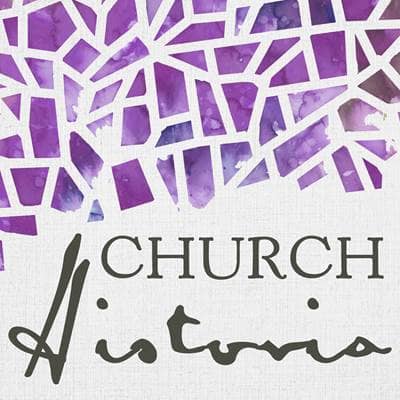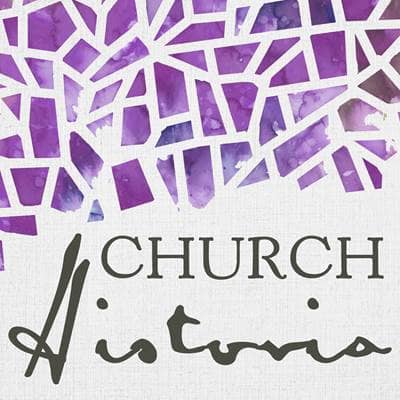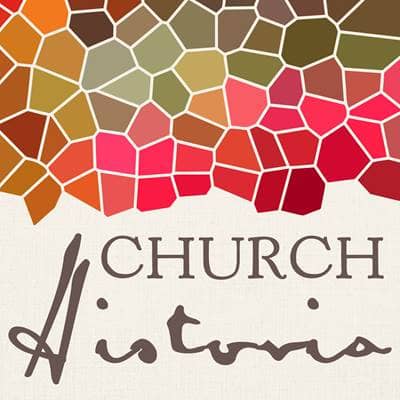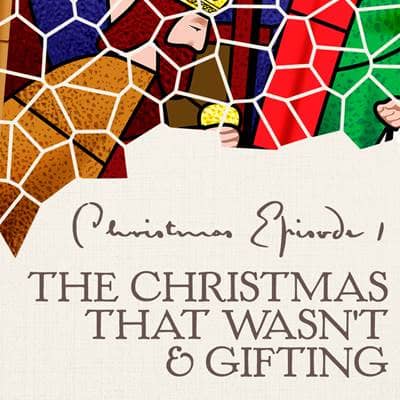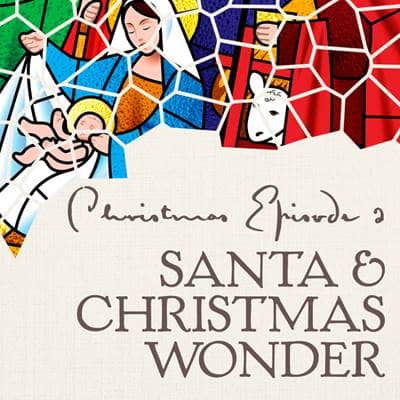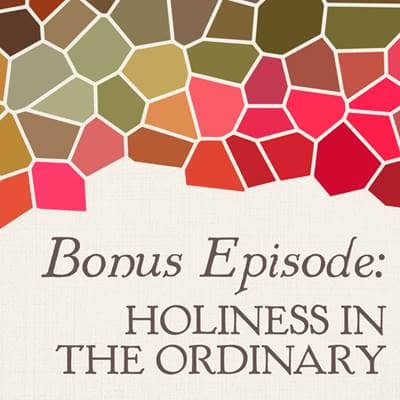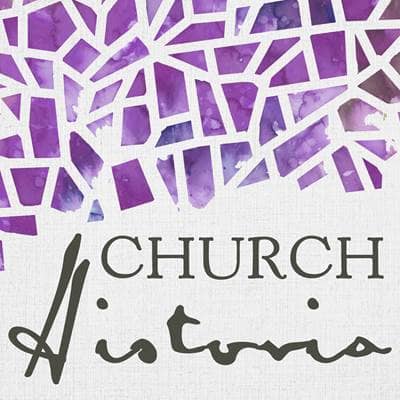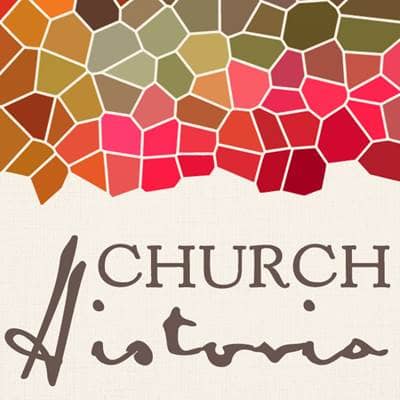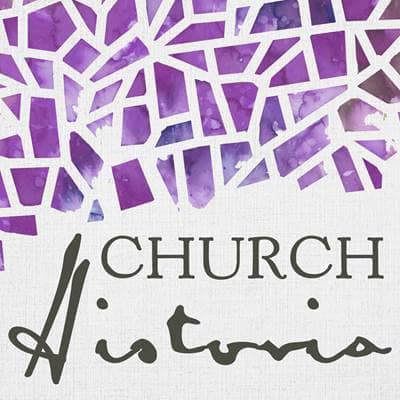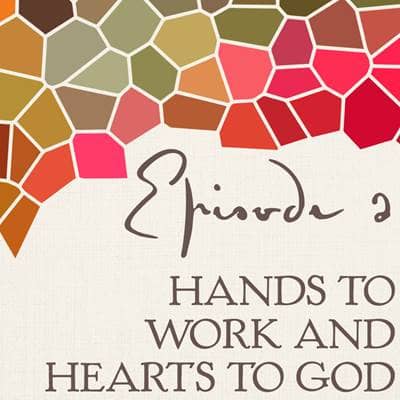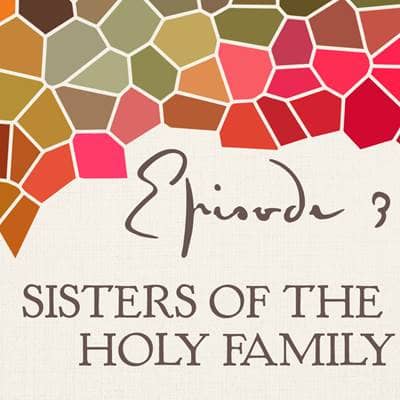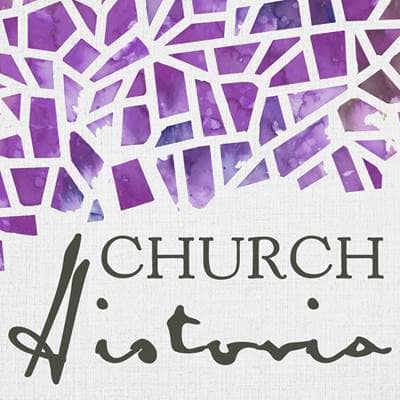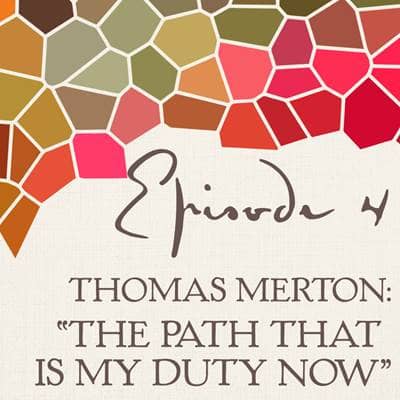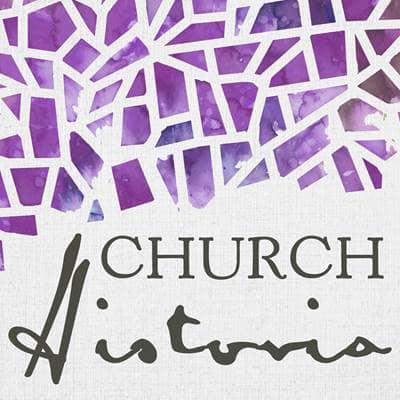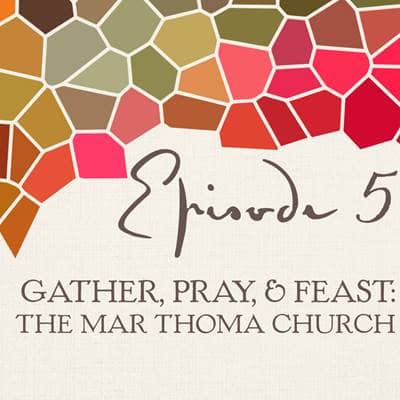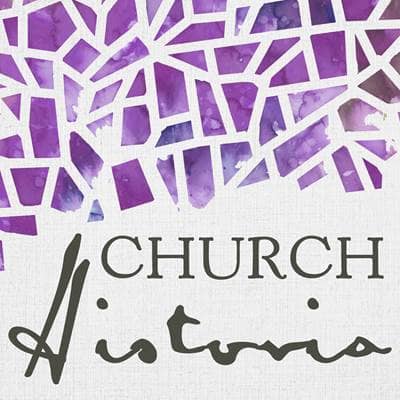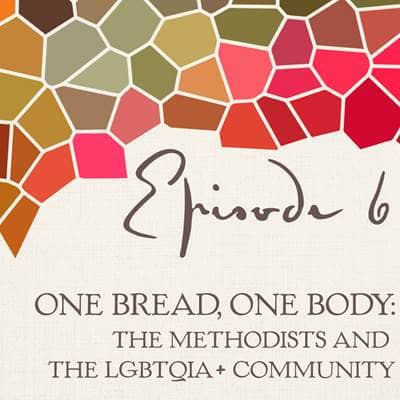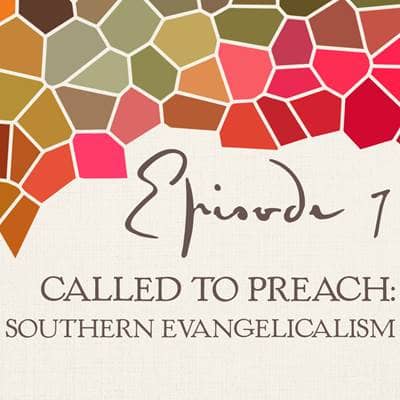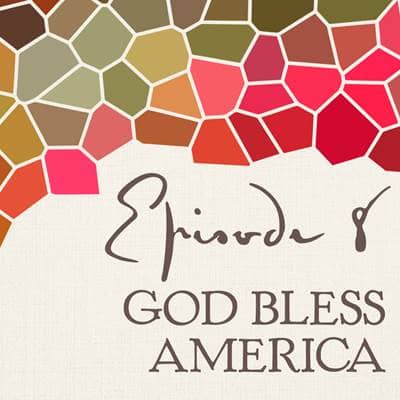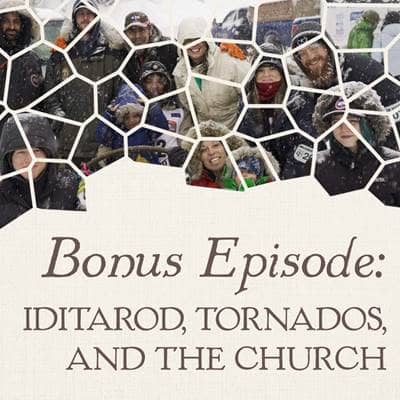A brief summary of this episode
- Trending:
- Pope Leo Xiv
- |
- Israel
- |
- Trump
- |
- Social Justice
- |
- Peace
- |
- Love

Church Historia
We think the variety within the Christian tradition is beautiful. We like to use the word tapestry to describe that diversity, the richness that helps us see and hold in tension and balance the “and” of Christianity. This tapestry, with its many shapes and colors across denominations, regions, and countries, helps us hold that tension in which we find ourselves. Church Historia celebrates the tapestry of the Christian tradition through the lens of history. Hosted by church historian Stephanie Fulbright and church history enthusiast Leslie Eiler Thompson, this new podcast identifies people and places in the Christian tradition and uses their stories to discover new threads in the tapestry of Christianity. For Christians and non-Christians alike, this journey through the past will help us see ourselves, our neighbors, and our present realities more vibrantly.
2021
CLEAN
2 seasons
- Directed by: Stephanie Fulbright and Leslie Eiler Thompson
- Production: Church Historia
Episodes
Most Recent Episode
Copyright 2008-2025, Patheos. All rights reserved.


